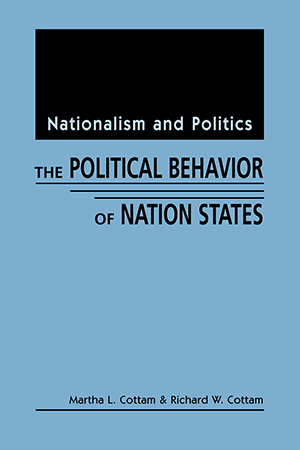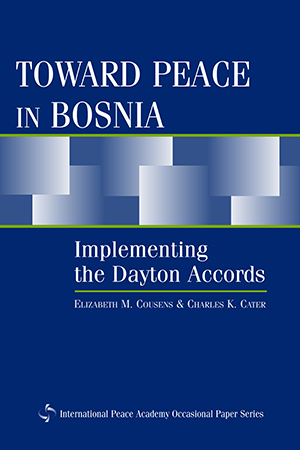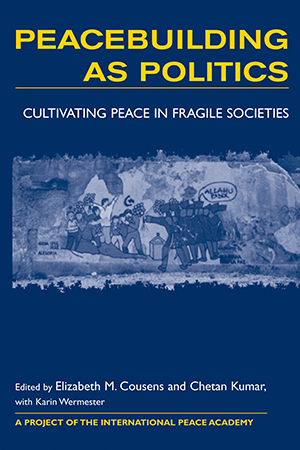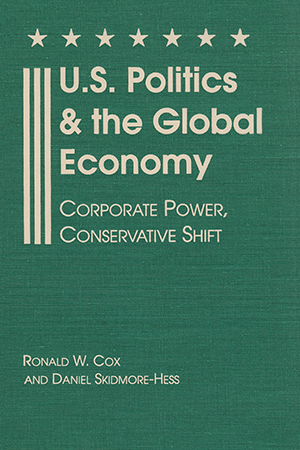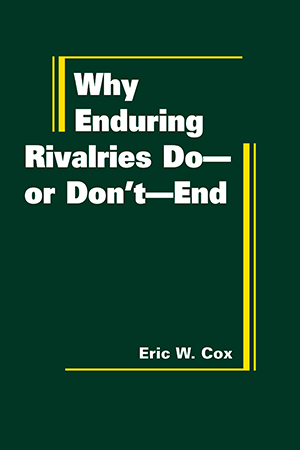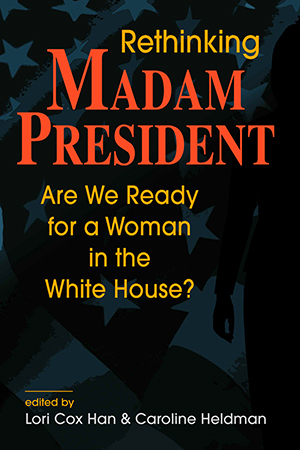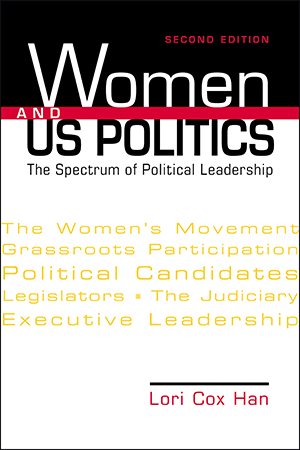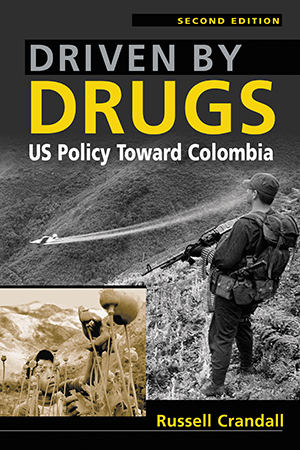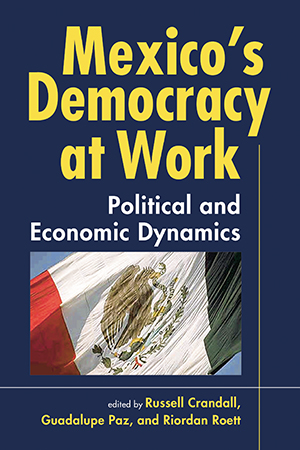BOOKS
As nationalism increasingly captures our attention through its impact on intercommunal violence and even the stability of states, this fresh look at the phenomenon plumbs an important aspect More >
When the Dayton peace agreement was signed in 1995, there were expectations among the signatories, the Bosnian population, and the international community alike that the pact would not only More >
Although the idea of postconflict peacebuilding appeared to hold great promise after the end of the Cold War, within a very few years the opportunities for peacebuilding seemed to pale More >
This thoughtful, highly original book investigates the influence of globalization on ideology and politics in the United States. Cox and Skidmore-Hess argue that U.S. policy increasingly More >
Why do some enduring, violent rivalries between states end peacefully, while others drag on interminably or cease only with the complete collapse or defeat of one of the states? Eric Cox More >
From the newsroom to pop culture, all signs suggest that the United States is finally ready for a woman in the White House. But is the vision of an imminent Madam President truly in line More >
In this wide-ranging text, Lori Cox Han explores whether—and if so, how—the presence of women on the center stage of US politics is changing the political process. Han More >
In the years since the first edition of Driven by Drugs was published, there have been dramatic changes in US policy toward Colombia, as well as in domestic Colombian politics. This new More >
Painting a sober yet hopeful picture of current Mexican politics and economics, Mexico's Democracy at Work focuses on the country's still incomplete transformation from an More >
How can a region roiled by political strife, civil war, illicit drug trafficking, and dismal economic performance achieve political stability and support economic growth? The Andes in Focus More >



